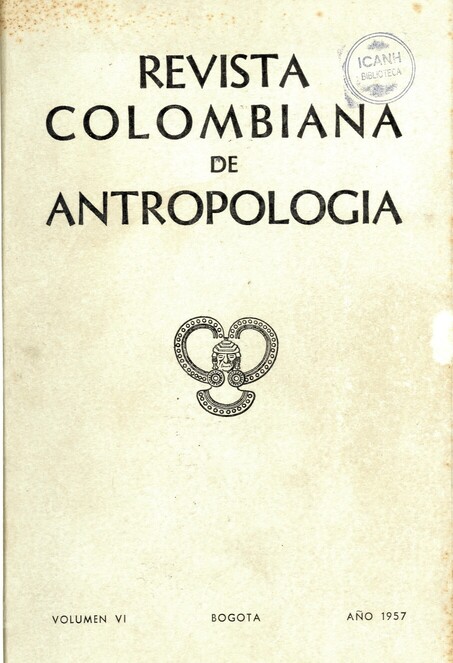Las terrazas del río Magdalena y la posición estratigráfica de los hallazgos de Garzón
DOI:
https://doi.org/10.22380/2539472X.1794Palabras clave:
terrazas del río Magdalena, posición estratigráfica, GarzónResumen
A critical study of the Pleistocene lake and terrace deposits in Colombia leads to the result, that, during the Quaternary, the climatic fluctuations in this country were the same as in Europe and in Northamerica, with the only exception that the glacial periods were also of high atmospheric precipitation.
The presence of a lime crust in the 45 m. terrace near Aipe (fig. 2) indicates that the terrace sediments were deposited during a wetter climate with somewhat lower temperature than we observe today. The terrace sediments of this region are therefore interpreted as deposited during glacial-pluvial periods and not during interglacial-interpluvial periods.
A cautious tentative correlation of the río Magdalena terraces near Garzón in alpine pleistocene terms (fig. 1) results in the conclusion, that the 145 m. terrace in which the opal objects and the Megatherium bones described by Bürgl (1958) were found, cannot be younger than Mindel.
Descargas
Referencias bibliográficas
VAN DER HAMMEN, TH., 1957.—A new interpretation of the Pleniglacial stratigraphical sequence in Middle and Western Europe. Geologie en Mijnbouw (N. S.), Vol. 19, pp. 493-498.
VAN DER HAMMEN, TH., 1958.—Pollen analysis of Pleistocene Lake-sediments from the Sabana de Bogotá (Colombia, South America), Actes du V Congress International d'Inqua. Madrid (1957).
WILHELMy, H., 1954.—Die klimamor phologische und pflanzengeographische Entwicklung des Trockengebietes am Nordrand. Südamerieas seit dem Pleistozän. Die Erde, 1954, Nos. 3-4.




















